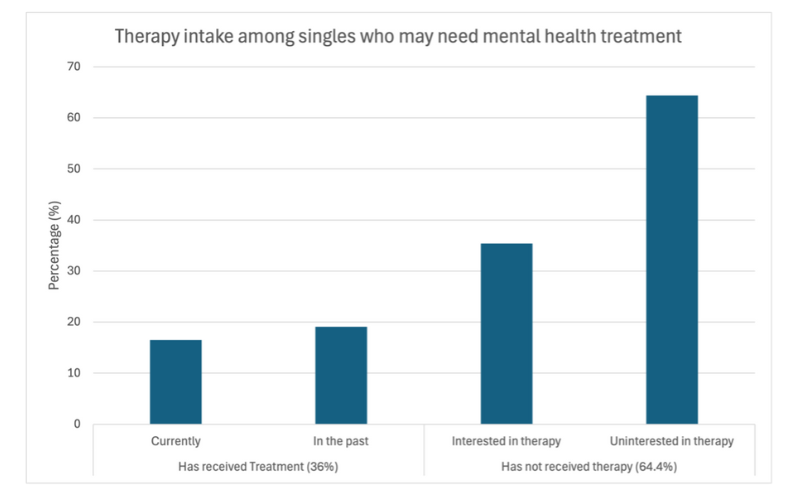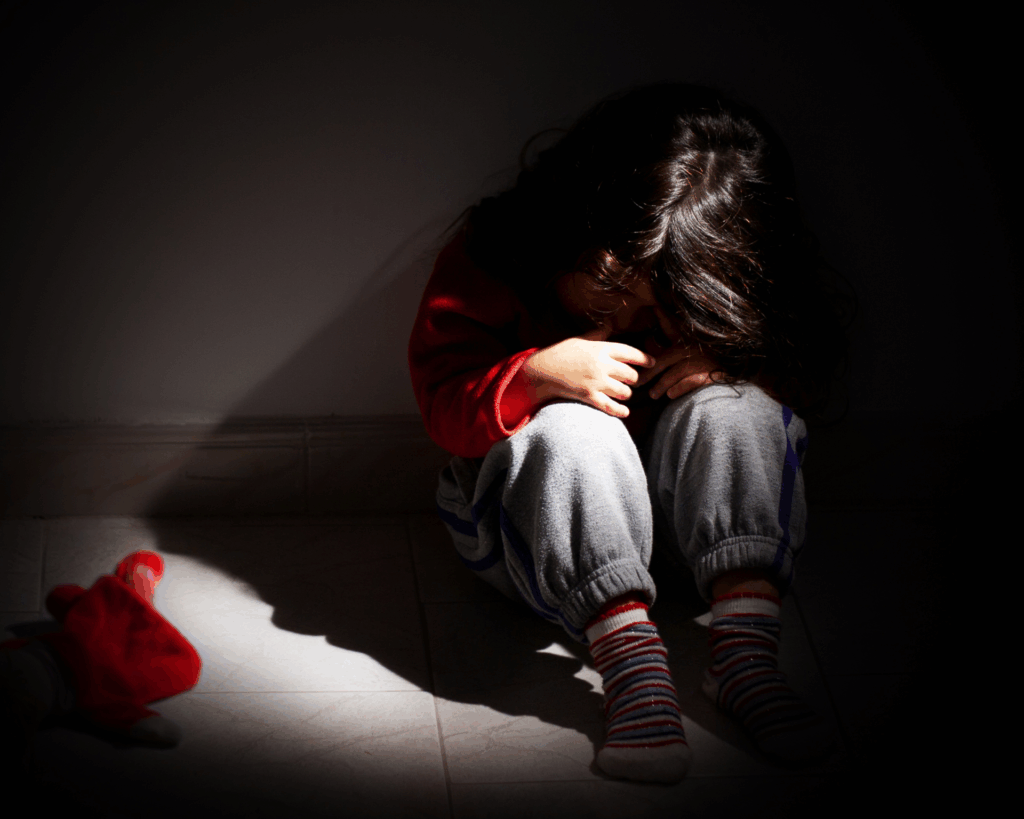Singles' Therapy
There is a growing gap in mental health treatment use among single adults who may have a need for these services.

Read Time: 2 minutes
Published:
Over one-third (38%) of American adults are not in romantic partnerships. And this unattached population is growing. Many adults are choosing to be single and stay single for longer than ever before. Others are single due to extenuating circumstances, like death or divorce. For a variety of reasons, many Americans are not looking to date.
Being single offers control over one’s time and space. However, single adults may face unique social, psychological, and economic challenges compared to romantically partnered adults. Such challenges can contribute to feelings of isolation, loneliness, and perceived inadequacy.
Amanda N. Gesselman and colleagues examined how American singles who report concerns about mental health (as determined by reporting less than “very good” or “excellent” mental health on a survey) utilize mental health care. Data was collected from 3,453 adults through the Singles in America study.

Of singles who reported sub-optimal mental health and may need treatment, 36% reported receiving therapy at some point in their lives. However, only 16.5% were currently in treatment. Of those who had not received therapy, more than half (64.4%) were uninterested in therapy despite reporting lower mental health ratings.
Singles in the study were more likely to seek out mental health treatment than the general population (16% compared to 10%), still a low percentage. The researchers noted that younger individuals, women, and Black/African American study participants were most likely to report future interest in psychotherapy.
Low utilization rates indicate a treatment gap among single adults with sub-optimal mental health. The researchers recommend more targeted outreach to address the gap and create a more inclusive approach to mental health care and awareness that death and divorce forcefully affect people’s future relationships. Researchers suggest that training providers about the barriers these adults may encounter and community engagement to reach this population is warranted.



